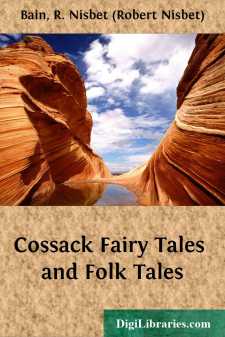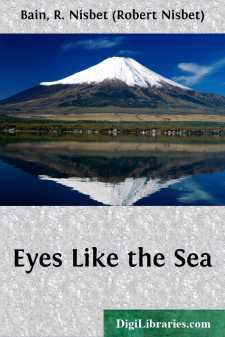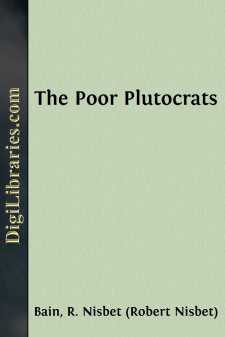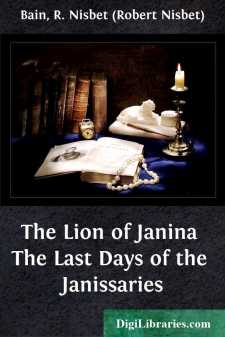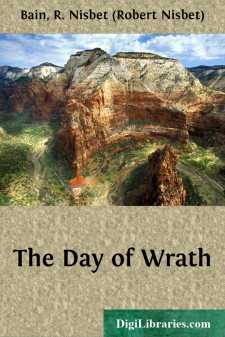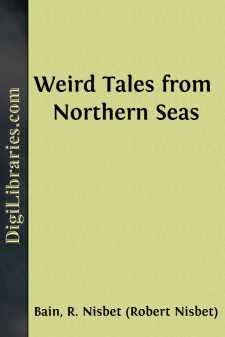Categories
- Antiques & Collectibles 13
- Architecture 36
- Art 48
- Bibles 22
- Biography & Autobiography 813
- Body, Mind & Spirit 142
- Business & Economics 28
- Children's Books 15
- Children's Fiction 12
- Computers 4
- Cooking 94
- Crafts & Hobbies 4
- Drama 346
- Education 46
- Family & Relationships 57
- Fiction 11828
- Games 19
- Gardening 17
- Health & Fitness 34
- History 1377
- House & Home 1
- Humor 147
- Juvenile Fiction 1873
- Juvenile Nonfiction 202
- Language Arts & Disciplines 88
- Law 16
- Literary Collections 686
- Literary Criticism 179
- Mathematics 13
- Medical 41
- Music 40
- Nature 179
- Non-Classifiable 1768
- Performing Arts 7
- Periodicals 1453
- Philosophy 64
- Photography 2
- Poetry 896
- Political Science 203
- Psychology 42
- Reference 154
- Religion 513
- Science 126
- Self-Help 84
- Social Science 81
- Sports & Recreation 34
- Study Aids 3
- Technology & Engineering 59
- Transportation 23
- Travel 463
- True Crime 29
A Hungarian Nabob
Description:
Excerpt
CHAPTER I.
AN ODDITY, 1822.
It is nasty, dirty weather outside there on the puszta; the sky is cloudy, the earth muddy, the rain has been falling for two weeks incessantly, as if by special command. There are inundations and submersions everywhere; rushes are growing instead of wheat, the stork is ploughing, the duck is fishing all over the precious sea-like expanse. "This judgment weather began on St. Medardus' Day, and will last now for forty days longer, but if it does last, I know not where we are to find the Noah to save man and beast from a partial deluge."
For the meaning of this and all other Hungarian words used in the text, see the glossary at end of book.
This melancholy reflection was made by the noble Mr. Peter Bús, whom a cruel fate had called to be a perpetual wrangler with guests on the cross-roads of the famous county of Szabolcs, for he was the innkeeper of the "Break-'em-tear-'em" csárda there. That worthy inn owed its name, not to its ancestors, but to its own peculiar merits, for no traveller could possibly reach that sweet haven till he had had endless spills and been nearly torn to pieces. This was especially the case at such times when the floodgates of Heaven were open, and it naturally occurred to a man's mind how much better it would have been to have had floodgates on the earth instead, for then you would not be brought to a standstill on the dike between two ponds, with the ground so soaking wet beneath your feet that there seemed nothing for it but to stick there till you grew old, or carry your waggon away with you on your back.
It was drawing towards evening. Mr. Peter Bús was coming home from his fields on horseback, grumbling to himself, but softly, for he grudged taking his pipe out of his mouth merely for the sake of what he was saying, which goes to prove that pipes were invented in order that man may have something to stuff his mouth with, and thus stop from swearing so much. "All the hay has gone to the devil already," he muttered, "and he'll have the wheat too! The whole shoot has gone to the deuce!" For the innkeeper of the csárda does not live by only doling out wine, but is a bit of a farmer besides, and his business is no sinecure.
While he was thus murmuring to himself, a dubious-looking being of the feminine gender, of whom it was difficult to judge whether she was a spouse or a scullery-maid, appeared at the extreme end of the dike, which led towards the River Theiss.
"Isn't there a coach coming along there?" she said.
"So I'm to be saddled with guests on an infernal day like this, eh! It only needed that," said Peter Bús, grumbling still more. He did not look in the direction indicated, but hastened into his pothouse to strip off his saturated pelisse before the fire, and swear a little more. "When our store of bread is gone, I don't know where I am to get any more from, but I don't mean to starve for anybody."
At last, however, he condescended to look out of the window, drying the sweat from his brow the while, and perceived a carriage a good distance off, drawn by four post-horses, struggling along the dike....



